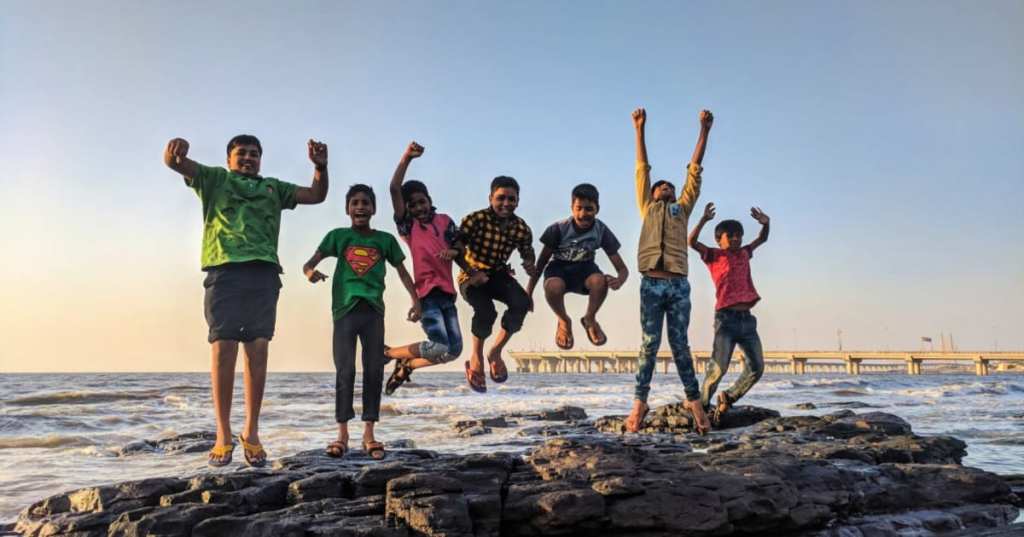There are about a hundred different kinds of parents, but most of them can be lumped into just a handful of schools of thought, all of which are based on how hands-on you are with rearing your kids.
A push to take a few steps back, to return to the hands-off days of the 70s and 80s, where independent kids learned to fend for themselves when mom told them not to come home until the street lights came on.
And while we’ll probably never see a world that allows that sort of parenting to happen again, free range parents do their best to pick and choose the bits that will let them watch from a little ways back while their kids find their way in the world.
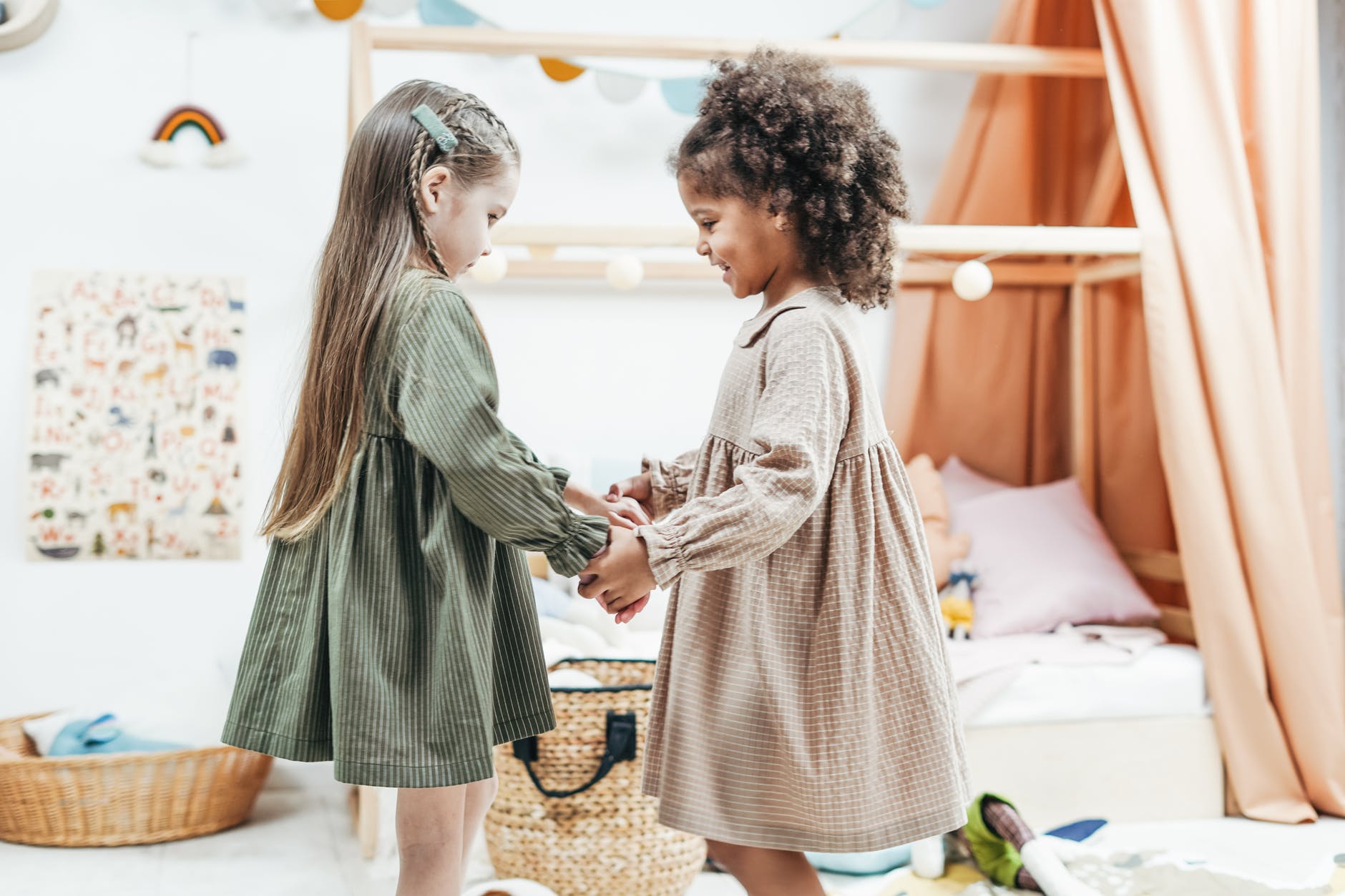
Image Credit: Pexels
If that sounds intriguing to you, here are a few more tenets of “free-range” parenting.
The movement began as a response to the constant, cloying fears that we could no longer trust our children alone or with their peers, and if they were spending an afternoon running around with their friends or daydreaming in the backyard, they were getting “behind” their peers who were at piano or Spanish or dance or a hundred other activities.
Free-range parents rebuke the idea that the freedom to play is somehow less important to growing happy, healthy, resilient humans than scheduling every last minute of the day. They claim that giving kids the space to create, fight, compromise, and come up with their own solutions is maybe more essential than any number of coveted and niche “skills” that only serve a college application.
The seeds of free-range parenting began to germinate back in 2009, when journalist Lenore Skenazy wrote an article about how ecstatic her 9yo son was when she let him (well-equipped) ride the subway home alone in Manhattan.
There was backlash. Horrified parents said she was eschewing her duty to keep him safe, that what she had done was tantamount to neglect, and for awhile, even law enforcement remained staunchly on the side of the helicopter parent.
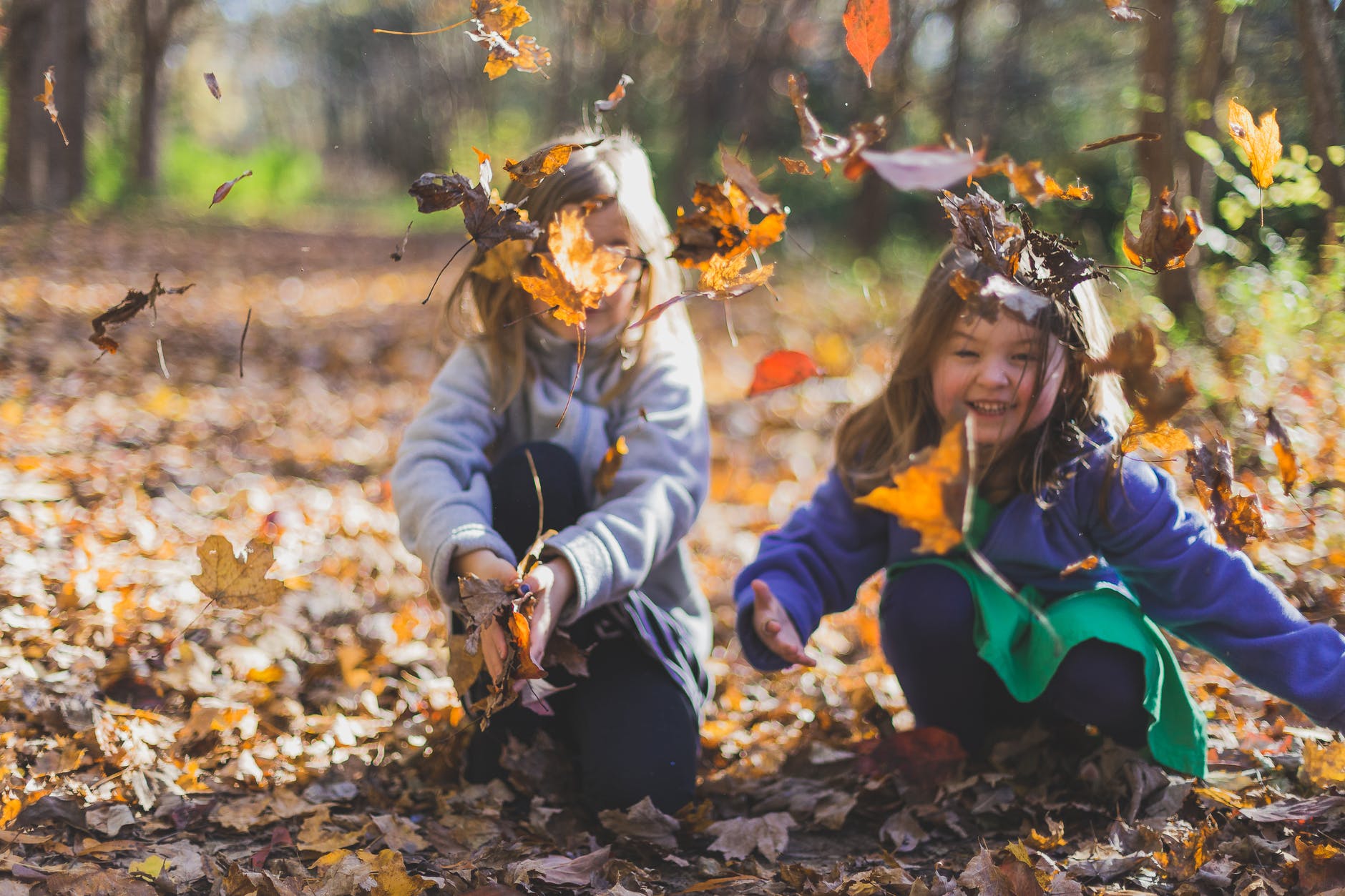
Image Credit: Pexels
In Maryland, a pair of siblings (10 and 6) were allowed to walk alone to the parks and the library in the neighborhood and the police were called. Their parents were charged with neglect (the charges were later dropped).
Skenazy, undaunted, parlayed her article into a personal cause, publishing a book called Free-Range Kids: How to Raise Safe, Self-Reliant Children (Without Going Nuts with Worry. Parents began to follow her through her blog, letting their kids walk to school or the park, encouraging them to make dinner, and sending them out into the woods with only their peers.
People began to latch onto Skenazy’s ideas, worried that the culture of fear and overscheduling that had cropped up in the 90s and aughts would affect their children emotionally and psychologically. They claimed to see major differences in their children’s confidence and self-worth after giving them more trust and responsibility to take care of themselves when adults weren’t around.
Skenazy sees unsupervised, unstructured free time as an “endangered natural resource” that needs to be protected and promoted, and she and her followers fear that without it, modern kids won’t have a real way to develop problem-solving skills, won’t learn how to negotiate group dynamics, form leadership skills, and the like.
She also says that the opposite way of thinking – helicopter parenting – is grounded in fear, and that’s never the best way to make choices. The media, always looking for ways to fill a 24-hour news cycle with “breaking news” has reported more on abductions since the 90s, even though stranger abductions remain extremely rare.
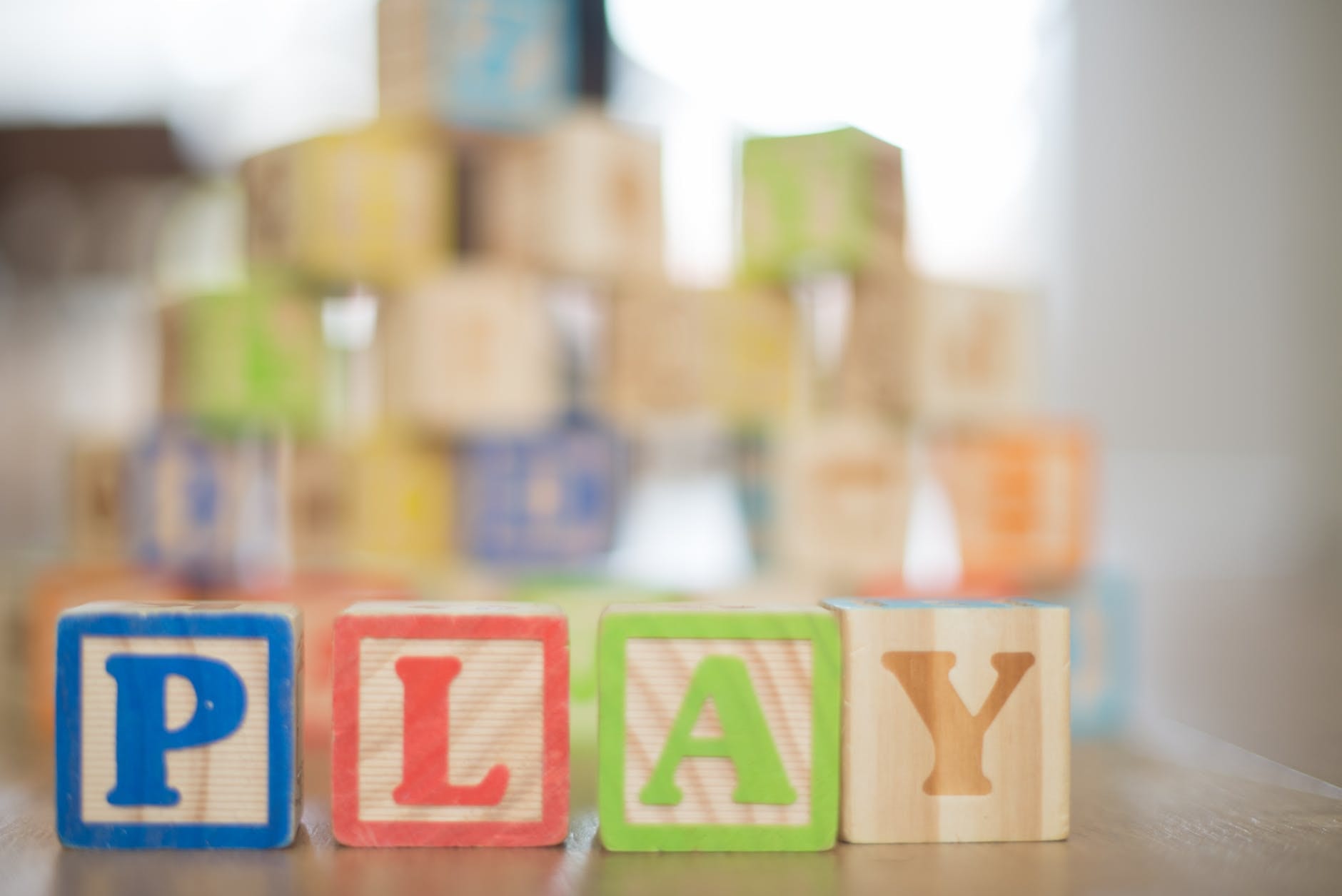
Image Credit: Pexels
Helicopter parents – heck, all parents – began to live in fear of pedophiles or other creeps lying in wait, ready to snatch our babies the moment they’re out of our reach.
Social media also plays a role, with “experts” on parenting ready to tell parents how every little decision they make has the ability to impact their child’s mental well-being for the rest of his life.
The fear of being arrested, charged, or sued if something happened while your child was alone also kept many parents afraid of being too far away to supervise every single move.
Skenazy and her followers think the first way to combat these fears is to educate people on the realities of crime and accidental death in America. The world is no less safe now than it was in the 70s or 80s, not when it comes to crimes or accidents centered around children.
According to the National Center for Missing and Exploited Children, less than 1% of the 27,000 missing children cases in 2017 were committed by non-family members. Also, while most people fear the most for their very young children, 81% of kids taken by people outside their family are over 12, and 59% are older than 15 (and mostly girls).
Only 3% of all murdered young children have their lives taken by strangers.
When it comes to accidents, like bicycle crashes, most of those take place in urban areas, and no, your suburban neighborhood doesn’t count. Not only that, but only 1.8 of every million kids between the ages of 5-15 in America died in a bicycle accident.
All of these statistics represent real kids and are unspeakably horrific and tragic, but free-range parents argue that they are also very unlikely – too rare to let them steal important childhood activities from the bulk of other children.
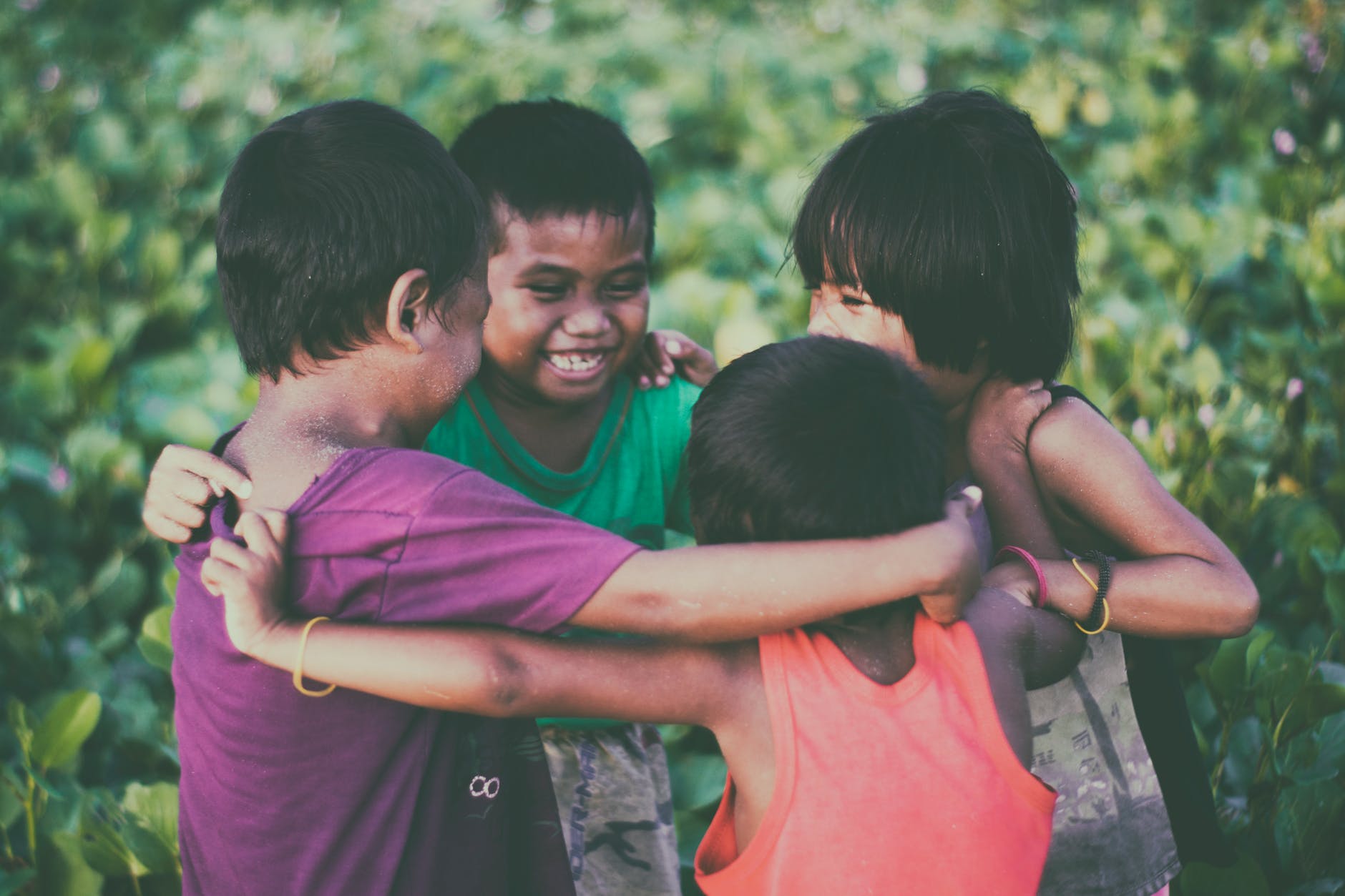
Image Credit: Pexels
There is mounting evidence that backs up their claims that by putting our kids in all kinds of activities, hoping to give them a leg up in life, we’re actually holding them back from normal, healthy, childhood development.
The American Academy of Pediatrics published a report that concluded that childhood play promotes “the social-emotional, cognitive, language and self-regulation skills that build executive function and a prosocial brain,” and that “play is fundamentally important for learning 21st-century skills, such as problem solving, collaboration and creativity, which require the executive functioning skills that are critical for adult success.”
Peter Gray, a developmental psychologist, agrees that while loving parents have always had their place in a child’s healthy development and in their education, a whole lot happens among peers and through the process of free play. Throughout human history, children were free to play and explore all day long well into their teens.
So, what is free play?
According to Grey, it’s “intrinsically motivated,” meaning it exists for its own benefit and not because there are expectations. It also must be unsupervised and unfettered by adults, because researchers largely agree that kids play differently when they know an adult is around; they’re less physically active and creative and expect adults to solve problems instead of trying to do it on their own.
Done right, it can help kids learn to regulate their emotions and practice self-control, to weigh and decide on acceptable risks, and to make and follow fair rules among their peers.
Gray believes a dramatic shift in a psychological indicator called the Internal-External Locus of Control Scale since the 1960s shows that teens today feel very little control over their lives, which leads to spikes in anxiety and depression among younger generations. And yes, he thinks that the steep decline in free play is at fault.
There remains a concern, though, that our communities aren’t ready to support this parenting philosophy. Legal challenges remain, though Utah became the first state (in 2018) to pass laws protecting the ability to parent (within reason) how you see fit.
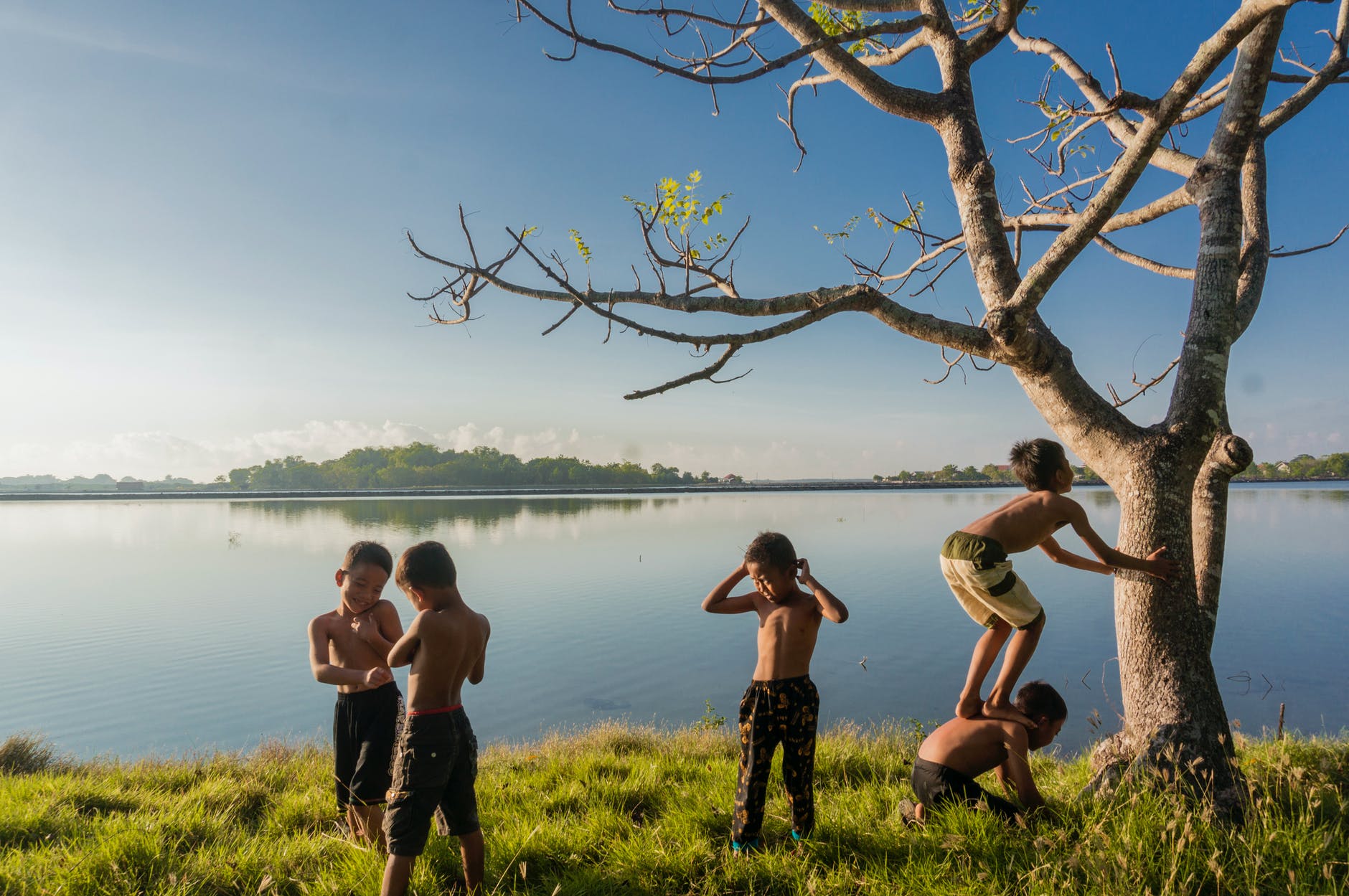
Image Credit: Pexels
The law states that parents cannot be accused to neglect only because they allow their minor child to walk or bike to school alone, travel to a store alone, play outside alone, stay in the car (under safe conditions) long, or staying home alone without an adult.
It stipulates that the child’s “basic needs” must be met, and that the child “is of sufficient age and maturity to avoid harm or unreasonable risk of harm.”
Other states, like New York and Texas, as considering similar bills, but until the definitions of child neglect are altered across the board, parents in most states who let their kids do those things unsupervised could still potentially be charged with a crime.
There are other considerations, too – ones that exist across society and crop up in nearly every scenario. Black and poor families are more likely to be charged by authorities and have their children removed by CPS, so if the movement would ever really take off in the States, there would need to be significantly more buy-in from state legislatures, child welfare agencies, and community members.
That may have started in Utah, and there are signs that it’s spreading, but just know that if you take this parenting style to heart and put it into practice, you and your kids may face at least a few bumps in the road.
That said, if you’re thinking about their future and the people they’ll become all too soon, the risks may well be worth taking.
